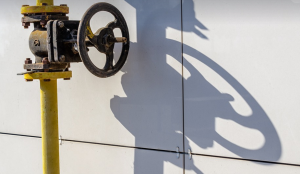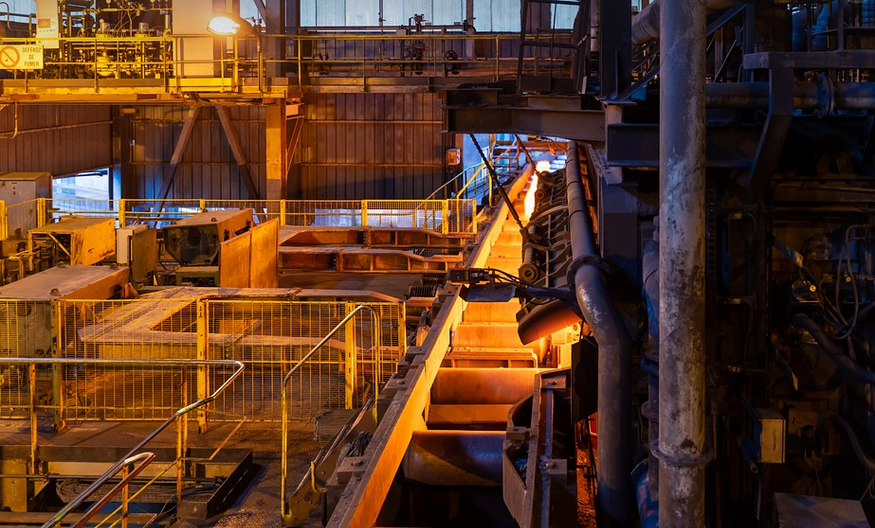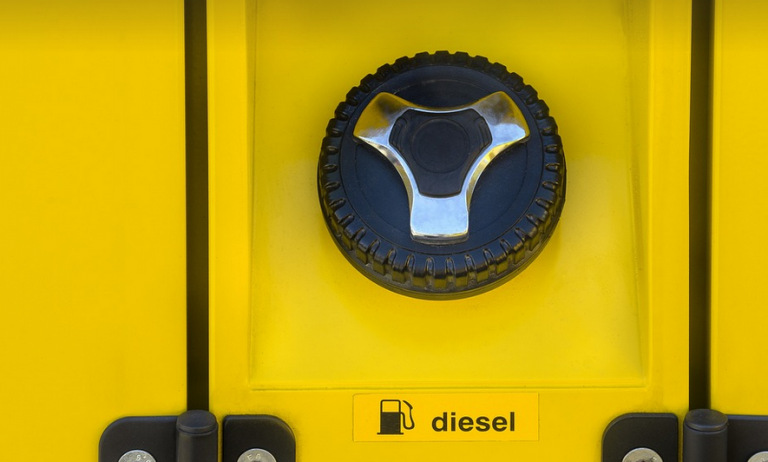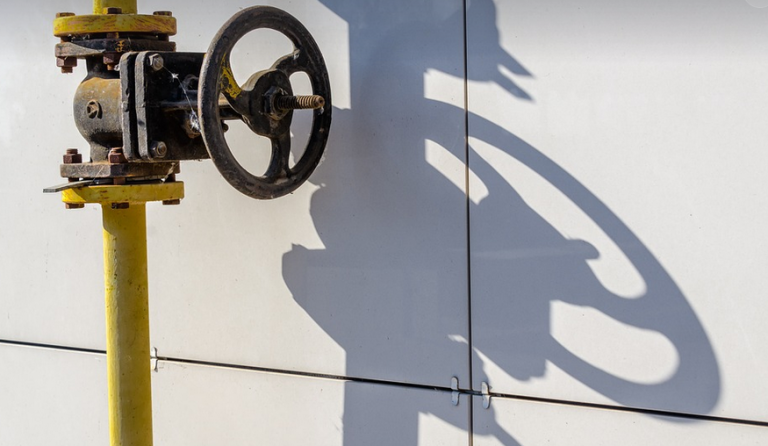The Mystery of the Freezing Heat Pump
So, you’ve just invested in a heat pump, hoping to save money on heating bills and embrace a more sustainable lifestyle. Now, as winter sets in, you find yourself battling a frosty foe – your heat pump refusing to keep up with the chillier weather. You might be asking, “Why is my heat pump freezing up?” This seemingly magical device that efficiently warms your house can turn into a frustrating headache when faced with icy conditions.
The truth is, heat pumps are highly efficient and reliable systems designed to work in various climates. However, they require the right conditions for optimal performance. Winter brings its own set of challenges: lower temperatures, increased demand for warmth, and sometimes even unusual weather patterns that throw your system off balance.
The magic behind a heat pump lies in its ability to utilize both air and water to transfer heat. It works by drawing warm air from inside your house (or even the outside air in some cases) and then using electricity to move that warmth into your indoor environment. This process, however, relies on specific temperatures for optimal efficiency. When these conditions change drastically, the system can struggle to keep up.
Understanding Heat Pump Basics
Before diving deeper into the reasons why your heat pump might freeze up, let me break down some basic principles. A heat pump isn’t just about blowing warm air; it has a sophisticated design that involves both refrigeration and heating capabilities.
Think of your heat pump as a mini-version of your refrigerator. The refrigerant is the key ingredient in this process, moving from one location to another while absorbing heat energy. When the refrigerant absorbs heat from a cold source (like outside air) it then releases that heat into your house through the indoor unit.
Heat pumps are like double-duty machines! They not only provide warmth but also allow you to cool down your home during the summer months by reversing the direction of airflow. The same refrigerant system that draws in cold air from outside during winter, can then expel warm air back into the outdoors when it’s hot.
The Culprits Behind Freezing Heat Pumps
Now, let’s explore some specific factors that can lead to your heat pump freezing up during the winter months. It isn’t always easy to pinpoint the exact culprit, as multiple factors can influence performance.
**1. Airflow Issues:** Air flow is fundamental for a heat pump’s operation. A restricted duct system or an obstructed air vent in your home can impede the free movement of warm air inside. This can lead to inefficient heating and even freezing problems. Regular cleaning, proper filter maintenance, and checking for any obstructions are crucial for maintaining efficient airflow.
**2. Thermostat Settings:** You might be inadvertently impacting your heat pump’s performance with the thermostat settings. A setting that’s too low will demand excessive energy from your system, which could result in freezing temperatures. If you need to adjust the temperature, do so judiciously to optimize energy usage and minimize overheating.
**3. Dirty Air Filter:** This is a frequent culprit for many appliance heating problems. A clogged air filter restricts airflow, reducing efficiency and forcing your heat pump to work harder than it should. Regular cleaning of the filter (every few weeks) or replacement as needed will ensure optimal performance.
**4. Refrigerant Leaks:** Like any system that utilizes refrigerants, minor leaks in your heat pump’s refrigerant lines can lead to a chilling effect. These leaks need immediate attention from a trained HVAC professional. A leak in the refrigerant line can cause refrigerant to escape. This will result in a decrease in efficiency and increase the likelihood of freezing.
**5. Insulation Issues:** Poor insulation is another common culprit. It creates a “thermal barrier” around your home, allowing heat loss and increasing the workload on your heat pump. Proper insulation can significantly impact energy efficiency and reduce the strain on your system during the winter months.
Troubleshooting Your Freeze-Up Issues
Don’t despair! Freezing problems with your heat pump don’t always mean a complete replacement is in order. If you suspect freezing, it’s crucial to act quickly and address the underlying issue.
**Steps to Take:**
- **Check Your Thermostat Settings:** Make sure your thermostat is set to a comfortable temperature that allows for energy efficiency.
- **Inspect the System’s Connections:** Look for any loose or damaged connections on your heat pump system.
- **Investigate Airflow Restrictions:** Check for obstructions in ductwork, vents, and around external units (like outdoor condenser units).
- **Clean the Air Filter:** A clean filter ensures smoother airflow to your heat pump.
Seeking Expert Help
While troubleshooting may be possible for some basic issues, remember that heat pumps are complex systems with intricate parts and workings. If you suspect a more serious problem like refrigerant leaks or significant blockage, don’t hesitate to call a qualified HVAC technician. A professional inspection will pinpoint the exact issue and provide the most effective solutions.
**Why Call an Expert?**: They have the expertise, tools, and knowledge to diagnose and repair any issues your heat pump might be facing. This preventative maintenance ensures your system stays in optimal working condition throughout the entire winter season and beyond.




















